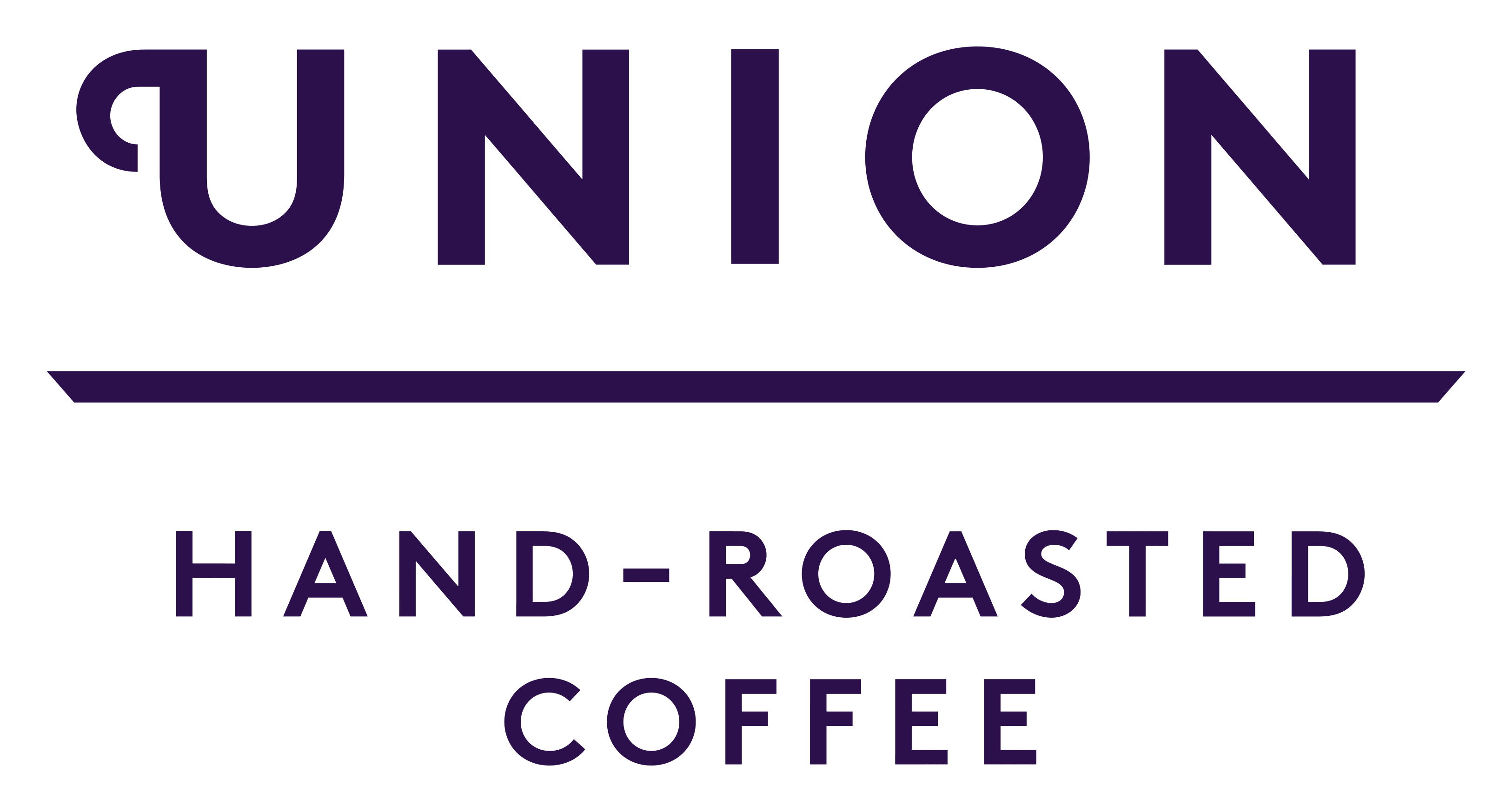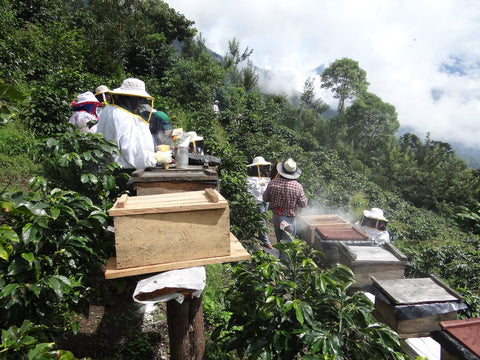First Published - July 26, 2011 (By Steven – Co-Founder)
This weekend I returned back from 3 weeks in Africa, which included visiting coffee producers in Rwanda. Over the years, Steven and I have come to understand how essential these face-to-face meetings are. They give us an accurate picture of the complexities small-scale farmers are faced with, and ensure we continue to select and secure the best quality coffee for Union.
Two issues that are always important are; the local impact on small scale farmers of the volatile coffee market and secondly, how we select the specific lots of coffee that we want to buy from the new season harvest.
Coffee Markets and Small Scale Farmers
Over the last nine years we’ve been worked initially with one Co-operative, Abahuzamugami ba Kawa, (Maraba), who we proudly launched onto the speciality coffee market in 2003. In more recent years our relationships expanded to a second group, COCAGI (Gashonga) and this year, now we are also excited to introduce Karaba Co-operative.
The nature of our relationship with these coffee producers involved many aspects aside from just being a commercial partner (buyer). Our participation has helped transform aspirations into a sustainable reality and we have increasingly and fascinatingly immersed ourselves in issues of community development, health and welfare, capacity building (business and management skills) and Co-operative development, as well as helping to train the first professional speciality coffee cuppers, all in the pursuit of bringing our Rwandan coffee up to the very best international standards of production and cup quality.
This year, due to the volatile coffee market and a number of weather and seasonal problems that coffee farmers faced, I decided to spend a period out here in Kigali at Rwashoscco, the Co-operative owned export organisation. I went to “cup the harvest” to select exactly which parcels and lots we’d be buying, and also to have our regular review meeting with the General Managers of Abahuzamugambi and COCAGI Cooperatives to find out how they have fared in this difficult season. Steven met with the Co-operatives before the season, in February-11, to plan the strategy, and now we meet to review how the season played out, and to plan for the next year.
Many people will no doubt wonder why this year (climate aside) could be seen as challenging, surely the high market prices must be a goldmine for the farmers, and the coffee must be great, right? Well, from what I’ve seen and experienced here and our work in Guatemala plus my recent visit to Costa Rica in May, high markets can bring as many problems as benefits to many coffee communities around the globe.
Many of the communities that we source from are not single farm businesses but Co-operatives: They function by buying coffee cherries from their members who are small-scale farmer families (Maraba have around 1300 families) as the ripe coffee cherries are picked, usually over a harvest period of around twelve weeks. At the beginning of the harvest, the Co-operative must have enough funds to pay all the farmers for their picking. At the end of the season, when the coffee is finally sold, the Co-operative receives their money from the buyers and a second ‘top up’ payment is made to the farmers; the community decide how to portion out any remaining profits. They may vote to retain some capital for next year, possibly to invest in washing station equipment or for community projects such as a school or hardship fund for older members.
The key difference about how co-operatives operate and compete for the benefit of their community members against potentially better funded private businesses is in this first and second payment system. Private companies buy cherries by making a one-off payment to farmers, but in co-operatives where farmers initially accept a lower price, the co-operative can reduce the level of loans required from local banks to fund the coffee cherry harvest, and therefore reduce their interest costs which can be a significant part of annual expenditure. The ‘difference’ is made up to the farmers at the end of the season. In well managed co-operatives, with good buyer relations such as we enjoy, they can provide the farmer with a higher income as the profits are shared in the community as opposed to being retained for the owners of private companies.
The challenge I mention is that this year, the market price of coffee has nearly doubled in the period since last harvest and the amount of cash the cooperatives need to fund cherry purchase has therefore similarly increased. Such rapid increases in cost really puts these communities under stress as the amount of retained profit may not be enough to cover the increase and thus higher loans and interest payments are experienced. Additionally, although cooperatives operate for the benefit of their members, they still experience competition locally as other coffee cherry buyers working as agents for the private exporters compete to buy this coffee. There is no obligation for co-operative members to give their co-operative first refusal on their crop. But if the Co-operative is not offering the highest price, other benefits are available to members throughout the year.
With such young cooperatives where the full understanding of their concept is under-developed, the farmer, understandably wants money now, rather than a promise of (more) money later. This issue often will take a long time to become fully recognised and supported by farmers but it is important as spreading out of payments helps families who haven’t been educated about budgeting to manage their cash over a full year cycle.
Over recent years, Union Hand Roasted Coffee assisted communities like Maraba and Gashonga by paying a percentage of our purchases in advance of the season; a mechanism known as pre-financing. This year again we provided pre-financing but due to the high prices that we agreed for the finished exportable coffee, we also faced similar cash constraints and could not assist pre-financing to the same degree as we would have liked. To continue providing the best upkeep, we support the co-operatives in working with additional NGO’s and pre-finance trade organisations that provide credit to developing communities at a preferential interest rate. As market conditions stabilise we hope to return to the level of pre-financing the co-operatives desire and help them to develop their community.
In my next post I’ll discuss how quality control influences small scale farmers.
Jeremy





